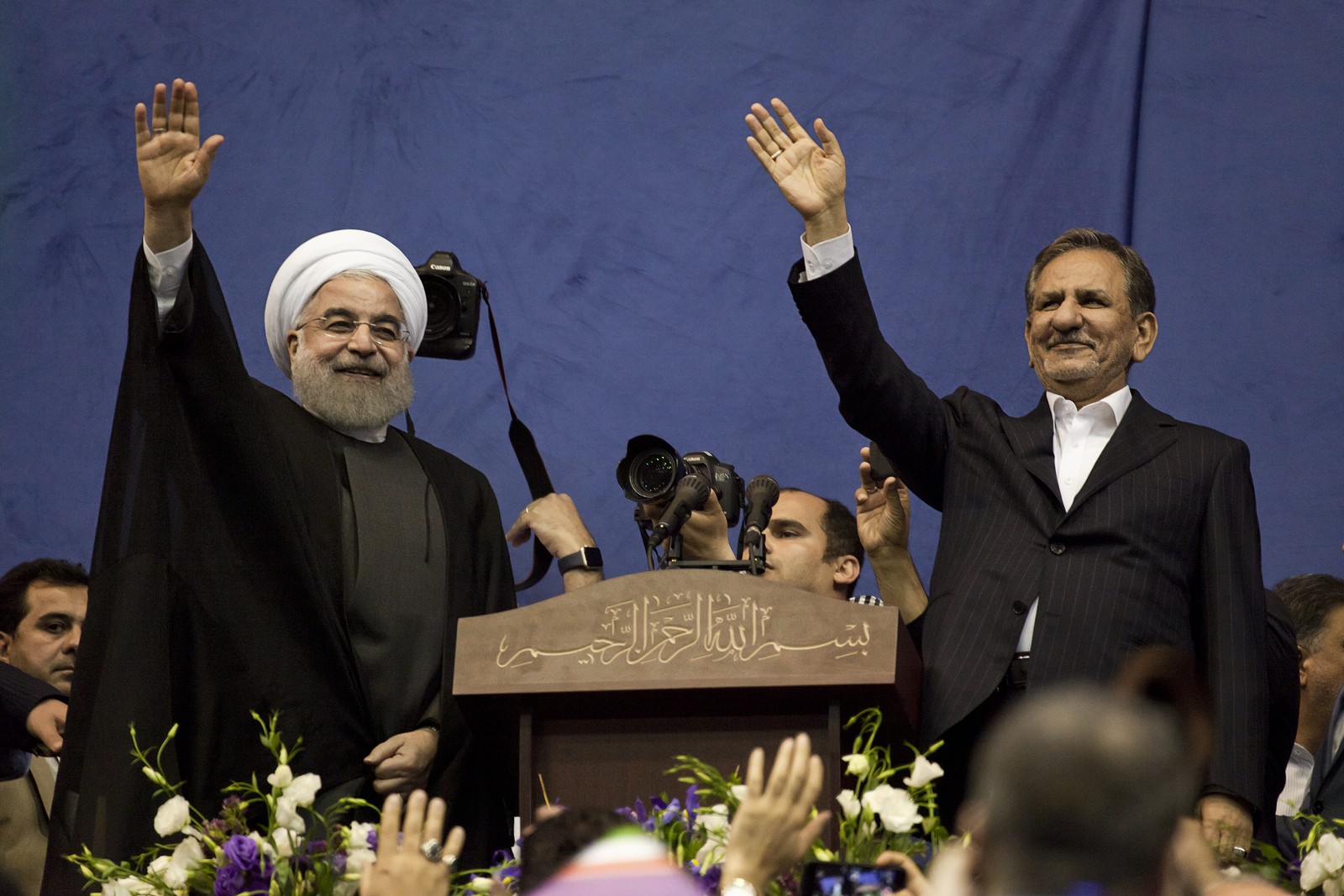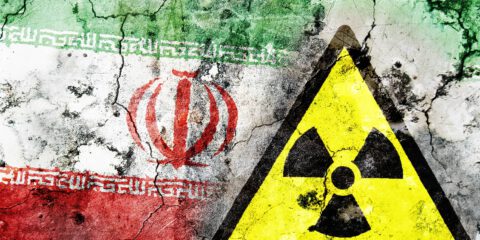The recent protests in Iran are very important because they point to the Iranian leadership’s economic failures, and the consequent anger harbored by a considerable number of Iranian citizens over their country’s investments in far-off countries such as Lebanon and Syria. These investments, they feel, are at their expense.
From all the reports, it is hard to glean whether these protests had any real effect on the regime’s activities or the tasks assigned to the Iranian Revolutionary Guard Corps, but it seems the answer to that is no. Rumors that the IRGC recalled forces from abroad to suppress the riots in Iran also appear to be premature and inaccurate, because this very moment there is fighting taking place in northern Syria’s Idlib province, initiated by the Syrian regime and its Russian and Iranian allies.
The demonstrations, as they are reflected on social media, are apparently an expression of frustrations felt by the middle classes and youth: They roused thousands but not millions, far less than the numbers on the eve of the Islamic revolution in 1979 and even fewer than the number of protesters in 2009. The regime, which successfully overcame the much larger and more potent wave of unrest eight years ago, will in all likelihood be able to defeat the current wave.
The statement by the IRGC that it had already quashed the protests was probably premature and optimistic, but if things don’t take a surprising turn, the regime will not be toppled.
An interesting question to ponder is whether the riots in Iran – similar to those nine years ago – are the beginning of a progression in the Middle East; because the unrest in 2009 was a type of harbinger for the Arab Spring that eventually erupted in Tunisia. Will the sense of disappointment prevalent in Arab countries, no less poignant than among Iranian youngsters, also gain expression in popular outrage soon?
Looking back, nearly a decade after the Middle Eastern tsunami swept away dictators previously thought to be impervious, it is impossible not to feel the palpable frustrations simmering throughout the region.
The Iranians are not alone; the economic situation in Egypt hasn’t improved after the fall of Hosni Mubarak. Certainly, everyday life for Libyans has not improved after getting rid of Moammar Gadhafi, and it is easy to surmise that most Syrians aren’t happier after seven years of bloody civil war. The Middle East is not becoming a more promising place for younger generations; not even in Tunisia, which for a brief moment appeared to be the only place where revolution precipitated welcome change.
For real change to happen, for protests against tyrannical regimes to be more than just angry masses venting in city squares – cultural change is imperative, and this is already a far more ambitious goal. Has Iran or any other Arab country become less corrupt on the heels of revolution? It doesn’t seem that way.
Have any of these societies become more open, have their economies become less tethered to their regime’s familial and corporate nepotism? The answer is almost definitively no. In short, the best case scenarios have involved the fall of dictators without fostering any real change. In the worst cases, dictators have been replaced by chaos, and it’s hard to say what’s better.
The necessary conclusion is indeed depressing, but that doesn’t mean the situation is utterly futile: Despair among the region’s inhabitants has not dissipated. Therefore we can speculate that more storms are already brewing on the horizon. Even if regimes weather these storms, too, and perhaps even prevent them in advance, we must be aware of the combustible tensions bubbling beneath the surface.
There is no way to know what will light the fuse. Dictators and their regimes realize this. They are trying therefore to postpone confrontation and are developing better tools to cope with the one phenomenon to truly test them over the past decade: masses of angry people, willing to go to prison and sacrifice their lives. Confronting such a challenge often requires more than just an army, even if it wants to protect the regime, which isn’t always the case.
In a somewhat related vein, we must remember that all those who decry the “injustices of the occupation” ignore overriding feelings, certainly among Palestinians; that is to say – the occupation is difficult to bear – but our Arab and Muslim brethren are not “under occupation” yet are far worse off than we, the “occupied.” It’s quite possible, along with other factors, that this is why the third intifada has not erupted; the Palestinians, who are certainly struggling, have learned that everything is relative, even their suffering.
First published in Israel Hayom, 12.01.2018
JISS Policy Papers are published through the generosity of the Greg Rosshandler Family.
photo: Bigstock









 - בניית אתרים
- בניית אתרים